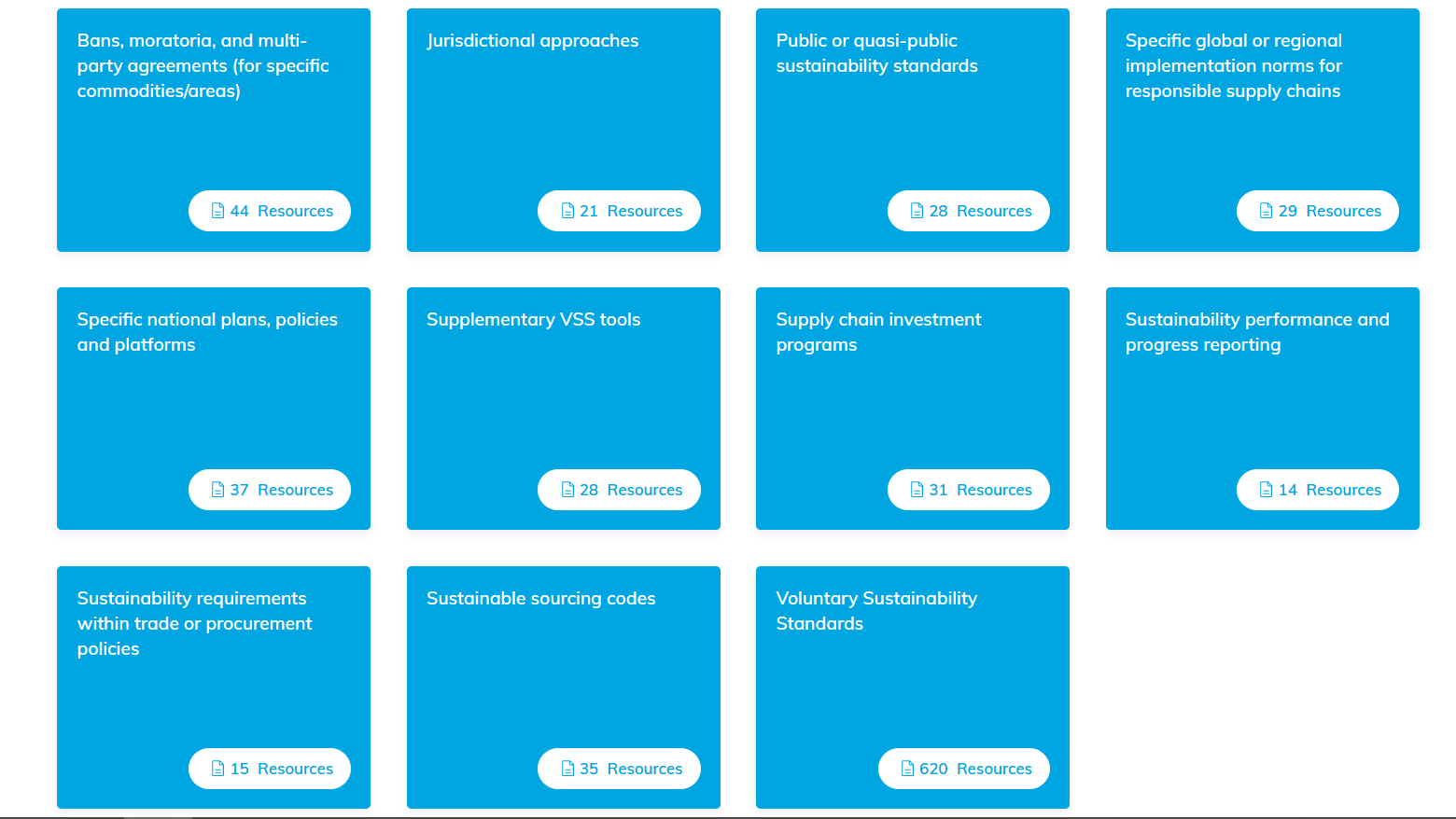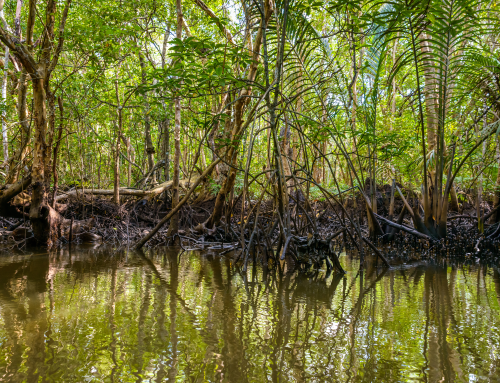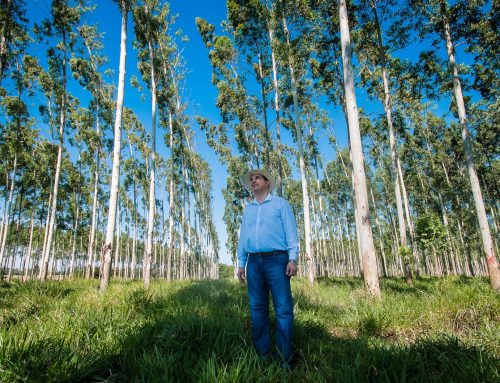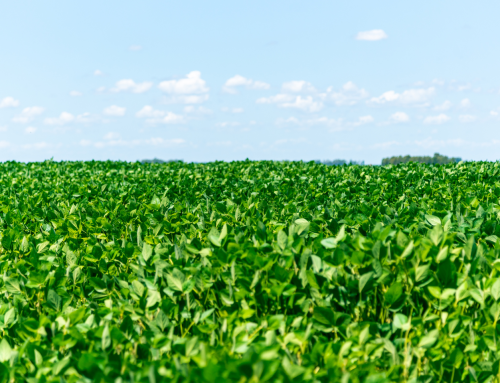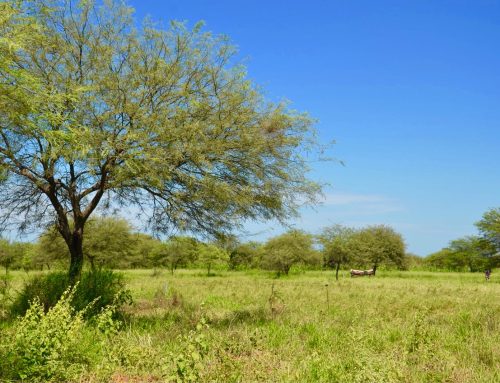Evidensia, the evidence website informing action for a sustainable future, is one year old.
This blog is written by Rita Mendez and Vidya Rangan from ISEAL Alliance.
The recently released UN 2020 Sustainable Development Goals Report indicates that there is a long way to go before the global goals are achieved. Although a sobering read, it does note a silver lining in that the pandemic is a ‘wake-up call for governments and businesses to formulate the kinds of transitions needed to build a healthier, more resilient and more sustainable world’.
Markets and market-based sustainability approaches will have a key role to play in achieving sustainability targets for people and the planet. But, a lack of credible and timely evidence on the effectiveness of these systems has always been cited as an obstacle to learning. Fortunately, this is no longer the case.
Evidensia (www.evidensia.eco), which launched last year as part of the Good Growth Partnership, is now a go-to source of credible evidence on key sustainability issues. With 750+ resources in one place, it is the largest online repository of credible information on the impacts and effectiveness of market-based sustainability tools.
Evidensia is a huge leap forward in promoting easy access to existing evidence. But accessing evidence is just half the problem solved. Most decision-makers and practitioners struggle to find the time to delve into research detail, let alone digest it. To address this, we need to find innovative ways to help people absorb research results and extract key lessons. The team at Evidensia does this through podcasts, webinars and by inviting experts to offer key insights through short articles.
In the last year, the team has run successful webinars on the impacts of Marine Stewardship Council in the fisheries space, the potential of standards to significantly reduce greenhouse gas emissions through the case of sugarcane and what we are learning about smallholder livelihoods and pro-poor development.
Sense-making is an integral part of supporting learning goals, and expert insights and blogs have helped make sense of diverse topics such as the impacts of organic agriculture, responsible business initiatives and impacts on food security.
Another often cited obstacle to applying evidence to action is the long lag time taken for research results to materialise – the problem that research ‘looks back’ while decision-makers ‘look forward’. This is a challenge, and, whilst it is a fair ask that research keeps pace with practice, it is also important to allow robust research to run its course.
For those looking for something closer to real-time data, there is good news on this front. Platforms such as Global Forest Watch and TRASE are now making datasets available, often in real time, and breaking new ground in helping bridge research and practice. Evidensia complements these, as such data, analysed alongside insights from empirical research, can be a powerful source of learning.
In addition to new types of data, a growing number of modelling studies help us understand potential effects and impacts of current approaches. From modelling the effects of extending the Amazon Soy Moratorium to the Cerrado, to looking at scenarios with 100 per cent global organic cultivation, such research is helping look forward based on data and research that looks back. Evidensia lets you search for different kinds of studies – from these modelling approaches, to long-term impact evaluations, to published performance monitoring results.
For those working on supporting smallholder livelihoods and improving yields, Evidensia is now a comprehensive source of empirical research in this field as well as a growing number of synthesis and review papers that help make sense of the research, aided by a visual overview of study results.
While the research base is growing, we must acknowledge that critical knowledge gaps remain. Evidensia’s Knowledge Matrix gives a lay of the land on research availability and gaps. In smallholder agriculture, for instance, much of what we know is based on research that looks at coffee. We have negligible insight into the impacts of supply chain sustainability approaches in sectors such as cotton and sugarcane, which have reached significant scale and uptake. Gaps also persist in many countries and ecological zones of interest. While there is growing evidence of how such tools support efforts to reduce global deforestation in sectors such as soy, palm oil and cattle, there is much less to help understand impacts on biological conservation and habitat preservation.
Finally, as the table below shows, most research focusses on sustainability standards with very little on company sourcing codes or supply chain investment programmes that have also been around for a decade, if not more. The lack of research into these newer approaches is both a knowledge gap and a transparency concern that needs attention.
Understanding what works can only come through learning what has or has not worked, the degree of success and under what conditions. Our collective ability to meet the challenge of the SDGs over the coming decade hinges on our ability to first learn and then act. The wealth of research on Evidensia shows that a lack of evidence is no longer an excuse.
Availability of evidence across key market-based sustainability approaches on Evidensia:
